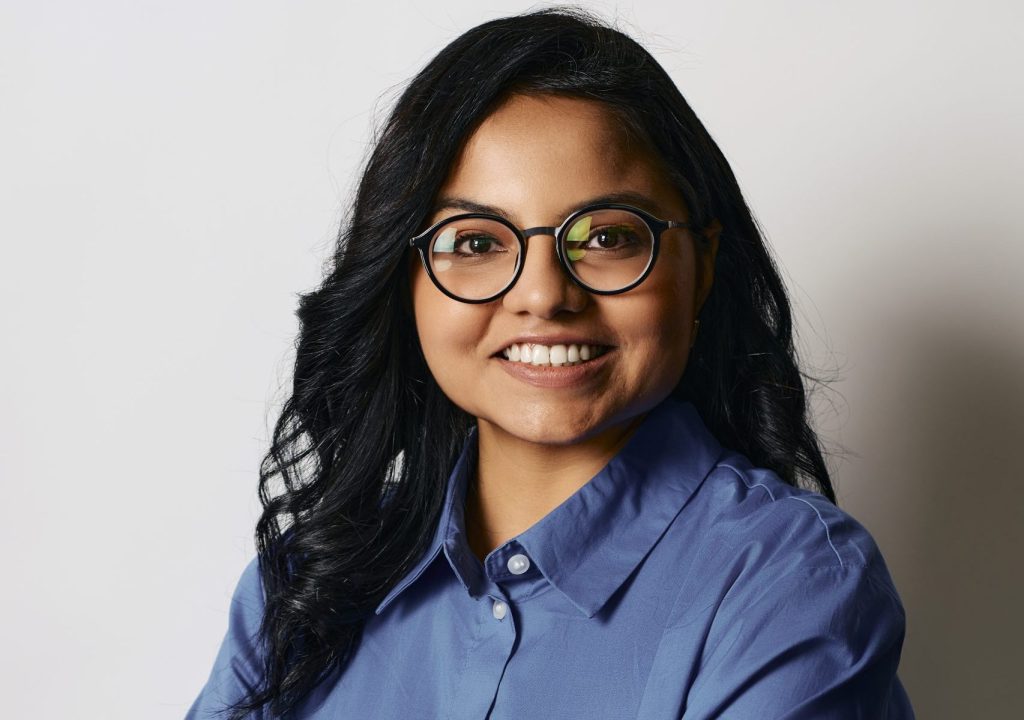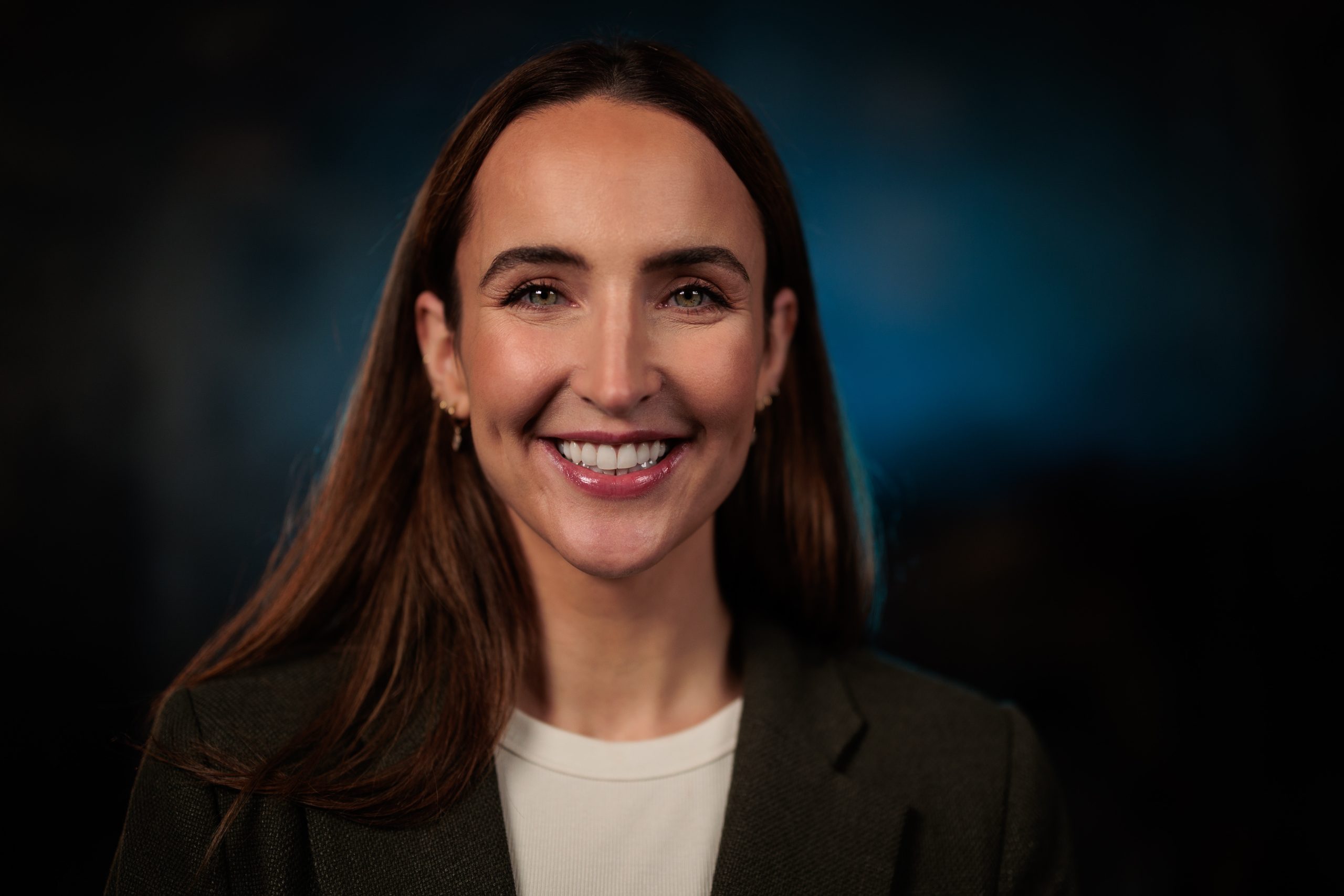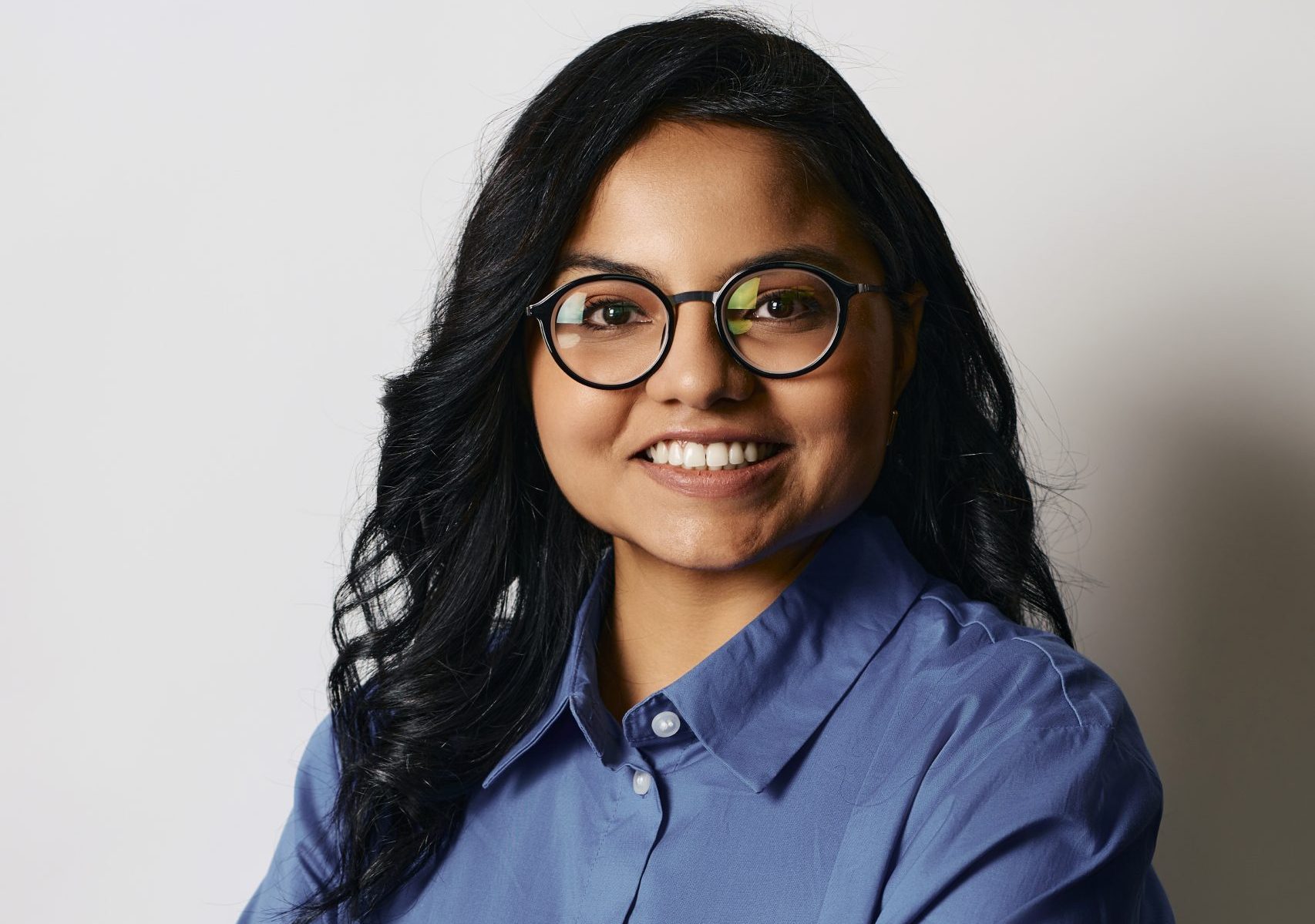We sit down with Enspec’s Dhruti Shah to discuss her career, aspirations and what can be done to create a more level playing field for women in engineering
Could you please introduce yourself and share a bit about your background?
Hi, I am Dhruti Shah. I’m a Senior Power System Engineer with 7 years of experience in analysing electrical power systems. I hold a Bachelor’s degree in Electrical Engineering from Gujarat Technological University in India. I specialise in Steady state Power system studies, renewable grid integration studies and electromagnetic transient studies.
Throughout my career, I’ve worked on various small to large scale projects involving LF, SC, PC, AF, MS, Dynamic stability, Grid compliance studies like P28, G55 etc and various switching studies (TRV studies). I’m very passionate about optimising power systems for efficiency, reliability and sustainability.
In my free time, I enjoy watching cricket, staying updated on recent industry trends with Linkedin and some other energy news websites. I am excited to step up everyday to advance in this field and contribute innovative solutions to net zero energy challenges.
What inspired you to pursue a degree in engineering and were there any specific experiences or influences that guided your decision?
From a young age I was fascinated by how things work and curious about how I could work in a profession that directly impacts people’s lives. That’s why I was drawn to engineering because it really allows me to solve practical problems and contribute to advancement in the technology sector and thereby make people’s lives better.
Throughout your career, have you encountered any challenges or obstacles and how did you navigate them?
This is common in engineering as it has been a traditionally male dominated field. I have heard many stories of others, however I count myself a bit lucky in this. During my career I have largely been supported. Saying that I noticed that it seemed harder to advance my career as a woman, with very few opportunities arising. My key to overcoming this was building self confidence, establishing a strong record of consistent performance, seeking mentorship and continuously developing skills.
While I consider myself lucky, that doesn’t mean that a great deal of improvement isn’t needed when it comes to breaking the gender bias in engineering.
From your perspective, what steps can the engineering industry take to create a more welcoming and supportive environment for women?
To create a more welcoming and supportive environment for women, engineering needs a more involved and holistic approach to greater inclusion. Gender diversity and inclusion – not just in engineering or leadership roles but across all levels.
Women in leadership roles can promote policies that benefit diversity while supporting company culture to be more diverse and inclusive. Eliminating gender bias – equal opportunities, equal pay, establishing working culture where diverse perspectives are valued. Offering flexible work arrangements can really help reduce industry dropout rates. Partnerships with educational institutions can encourage more girls and women to pursue STEM fields from a young age. This will increase the pipeline of women entering the engineering profession and help close the gender gaps.
Do you believe there are stereotypes surrounding female engineers? How do these stereotypes impact the industry?
There are stereotypes surrounding female engineers and it can impact both women and the engineering industry as a whole in a negative sense.Common stereotypes are women are less competent, they prefer non-technical roles, less commitment to careers and the major one – engineering isn’t for women. This creates an unhealthy environment and leads to underrepresentation of women.
It also acts as a barrier for career advancement, decreases the potential breakthroughs that come from a diverse approach to problem solving and leaves women engineers feeling isolated, which can lead to imposter syndrome, lack of job satisfaction and ultimately less interest in the field of engineering.
What advice would you give to young women who are considering a career in engineering?
I now have many points of advice for my younger self and often think how I may have grown in different ways had I been the recipient of such advice. Saying that I have no regrets, all my experiences and learnings gained have made me who I am today. It’s important to mention two points. Believe in yourself. Don’t let anyone define your experience or limit your potential.
Focus on your goals as consistent learning is key. It’s an area that requires a lifetime commitment. You must always also remember that you belong in engineering just as much as anyone else.
Never underestimate the importance of communication skills. Being an introvert, I have faced challenges but learning to clearly express your ideas, speak up for yourself and collaborate with others is key when it comes to building a strong network. Strong communication is crucial when it comes to bridging the gap between technical and non-technical people. This will make you more effective as an engineer, team member and as a leader.
Would you say Enspec is a progressive employer when it comes to diversity and equal opportunities?
I see Enspec as a leading employer. It is a welcoming company for women because from the leadership down they are committed to creating a diverse and inclusive environment where everyone feels valued, included and respected. We have a strong representation of women in leadership and senior positions who are working closely to bridge the gender gap in all departments.
I’ve felt welcomed from day one. My manager and my team are incredibly supportive. All are from different backgrounds and everyone’s opinion is heard and considered. The company offers flexible working arrangements ensuring that women can balance both professional and personal responsibilities. Equal opportunities are also provided in development plans.
While we’ve made significant progress, the company remains committed to further improving diversity and creating more opportunities for women. I’m fortunate to be part of it.
Looking ahead, what are your aspirations for your career in engineering? Are there any specific goals you are working towards?
As the world moves towards carbon neutrality, my key focus is to lead and work on renewable integration projects which align with global sustainability goals. In the longer term I really would like to be an expert in this field and become an advocate for diversity in engineering.


